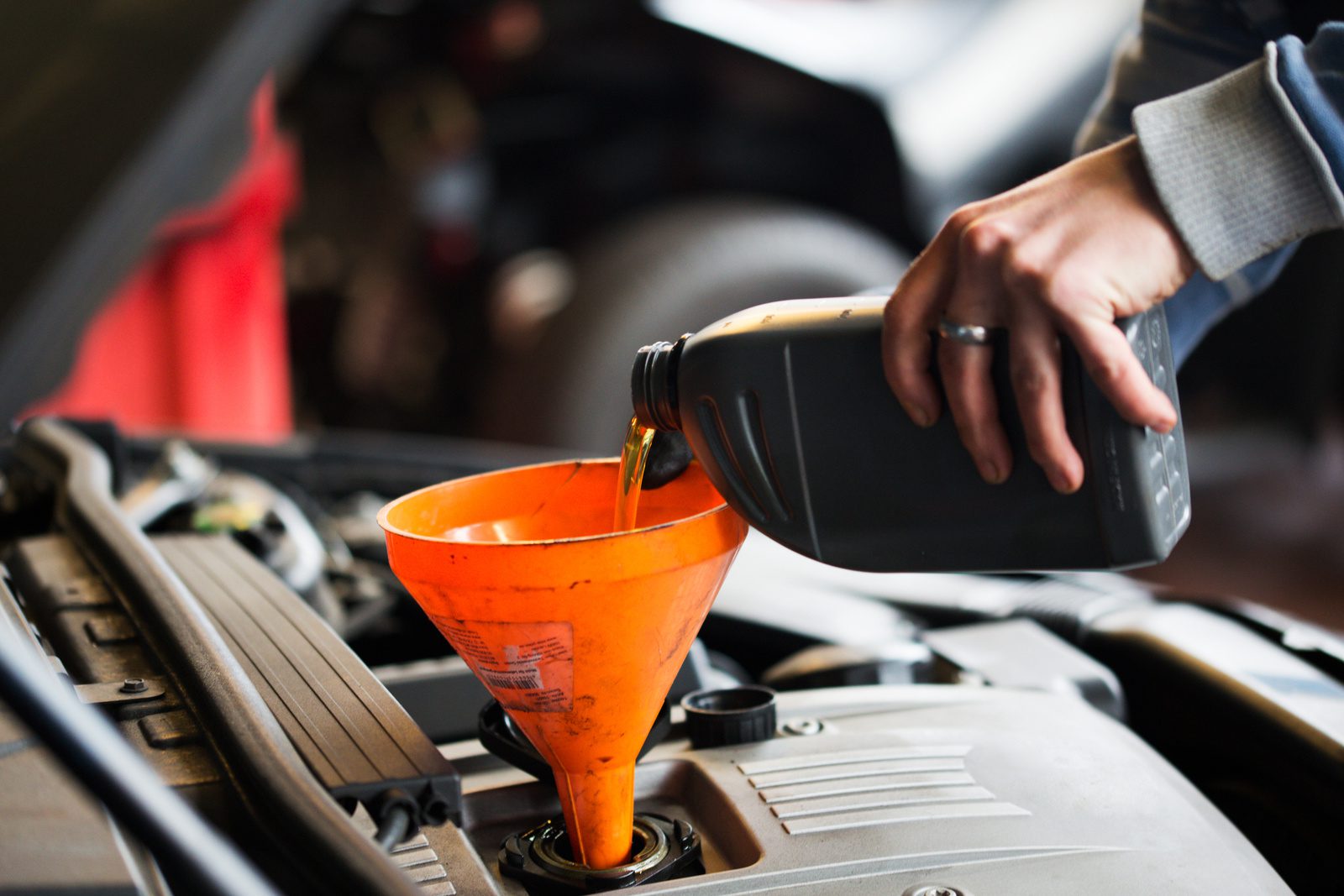5 Car Maintenance Tips To Keep You Safe On The Road
Ensuring routine and effective car maintenance saves you a lot of headaches, money, and time. At least you can reduce the occurrence of surprise faults that can leave you stranded on the road. Most importantly, driving a road-worthy vehicle saves your life and that of others. For example, the probability of having a brake failure, resulting in accident and death, is reduced. However, some drivers don’t pay much attention to changes in their vehicles. Here are some five car maintenance tips for safe driving.
Regular tire checks
Your tires are one of the most important parts of your vehicle. Any problem it encounters while driving can leave you stranded in the middle of the road or even cause an accident. Before you start your car in the morning, check out the pressure of your tires. If you realize it needs more air, fill it up at your nearest gas station with air pumps. Also, check the treads regularly and replace all worn-out tires. This saves you from having unexpected flat tires.
Check the oil level

One of the basic things every driver must do regularly is to check the vehicle oil level. Before every long trip, ensure that you have enough oil to take you through the journey. Any shortage means you are causing damage to your engine.
Check your battery contacts
After opening your bonnet to check the oil level, your battery contacts are next to look at. The contacts must be clean, with no dirt interrupting the connections. The terminals must connect very well to avoid falling off or disconnecting. This small check can save you the embarrassment of having your car not starting in traffic or leaving you stranded.
Test the windscreen wipers
On a rainy day, you cannot drive without a windscreen wiper functioning properly. The results of this can be avoidable accidents, which could prove costly. Each morning test your wipers to know if they are functioning well. Anything contrary to that means you need to replace the windscreen wipers.
Track gas mileage
As a driver, you should always know the mileage a full tank takes you. You may not consider this as a maintenance strategy. However, it does help you detect if something is going wrong. For example, if your vehicle suddenly starts consuming more fuel than before, you may want to check what is happening. You can then let a mechanic check for faults.
